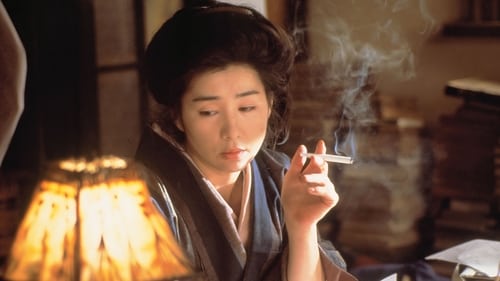
Original Story
Set in the Taisho era, which might be regarded as Japan's Hippie Phase, Hana no ran is a story about fashionable people without impulse control. Much of the action centers on a popular woman writer, the real-life poet Akiko Yosano, and her experiences among the literati of early 20th century Japan. Because of her independent, anti-war and often erotic poetry, she was a lightning rod for revolutionaries and other extremists, many of whom were destined to glamorous, yet ultimately pointless, deaths. The closest parallels might be the Byron/Shelley group or the people drawn to the Beat Generation.
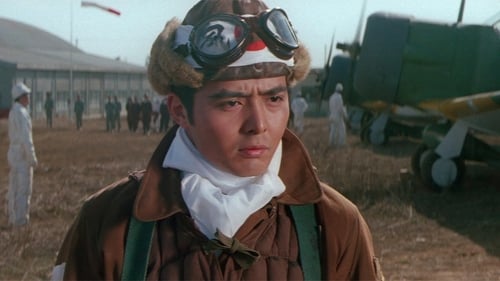
In 1943 Japan is facing defeat. This makes Shinkichi, a straight, selfless student-patriot, ever more restless. He can no longer stand his soft "behind-the- gun" role of munition factory worker. School-mates one after another are going to the front, where he feels he should be. The last straw is an official report of his father's death in the Battle of Attu in the Aleutian Islands. He rushes to the naval air corps training camp at Tsuchiura along with his close school-mates Naito, Yamada, Saito and Tagawa as Volunteer pilot trainees leaving his mother and sweetheart weeping and helpless.
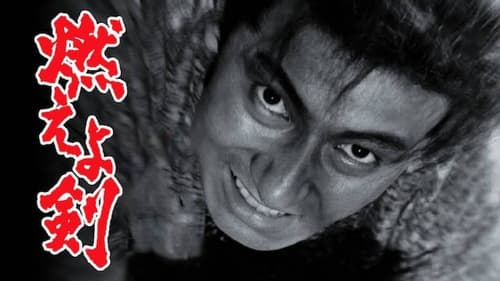
Establecido durante los últimos días del Período Tokugawa (Edo), Moeyo-ken cuenta la historia de Hijikata Toshizo y Shinsengumi. Hijikata Toshizo es un samurai ansioso por poner a prueba sus habilidades y su espada y hacer su primera matanza. El dojo al que pertenece practica el estilo Tennen Rishin y lo enseña a los agricultores. No considerados samuráis reales por otros dojos, reciben un pedido de duelo de un dojo rival que practica el estilo Kogen Itto. Sohaku Rokusha, un maestro allí, los desafía y pelea con Hijikata Toshizo. El resultado de la pelea crea una animosidad mortal entre ellos que dura a través de las edades. Película basada en una novela del autor Japonés, Ryōtarō Shiba.
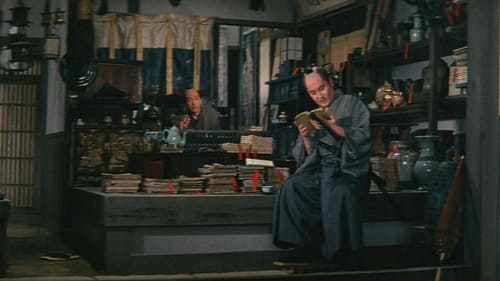
Three stories revolve around independence, a man searching for his wife, and a poor craftsman trying to make money.
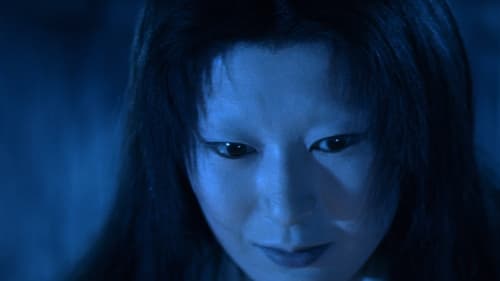
(segment "Miminashi Hôichi no hanashi") (uncredited)
Filme basado en cuatro historias del escritor Lafcadio Hearn. "Pelo negro": un samurái no soporta a su mujer y la abandona por una princesa. Años después vuelve a casa para realizar un terrible descubrimiento. "La mujer en la nieve": dos leñadores se refugian de una tormenta de nieve en lo que parece ser un cobertizo abandonado. "Hoichi": el fantasma de un samurái le pide a un músico ciego que toque una balada en la tumba de su señor. "En la taza de té": un samurái se asusta ante la visión de un hombre reflejado en su taza de té.




